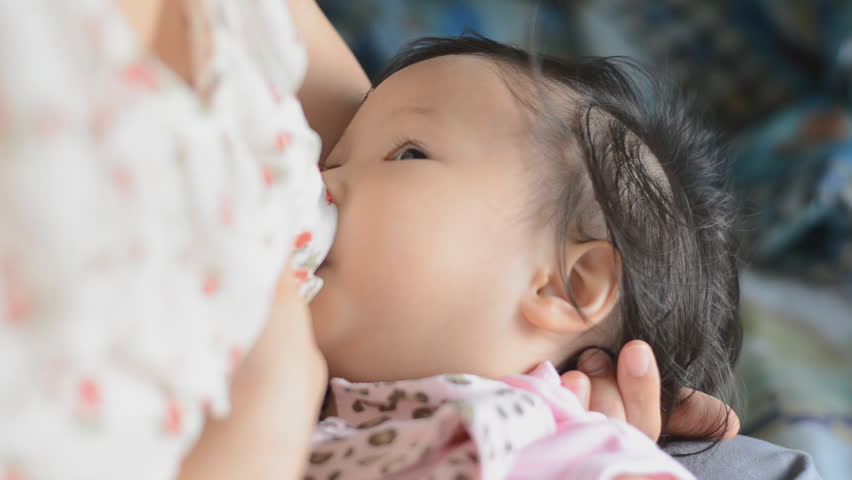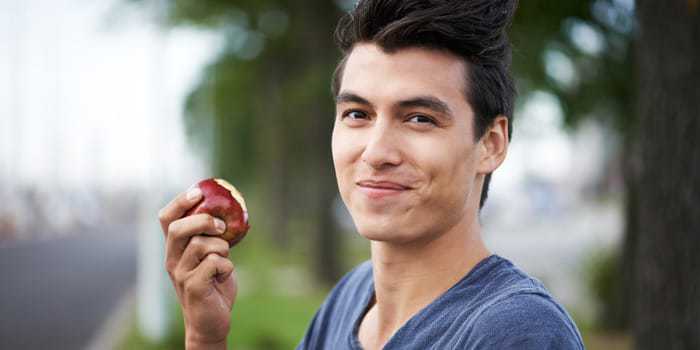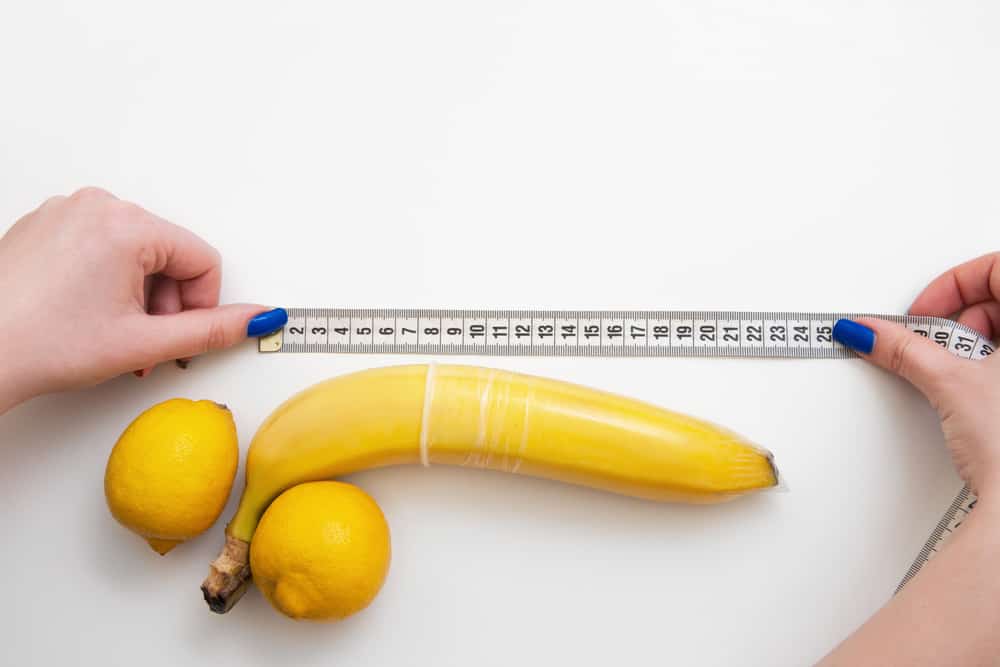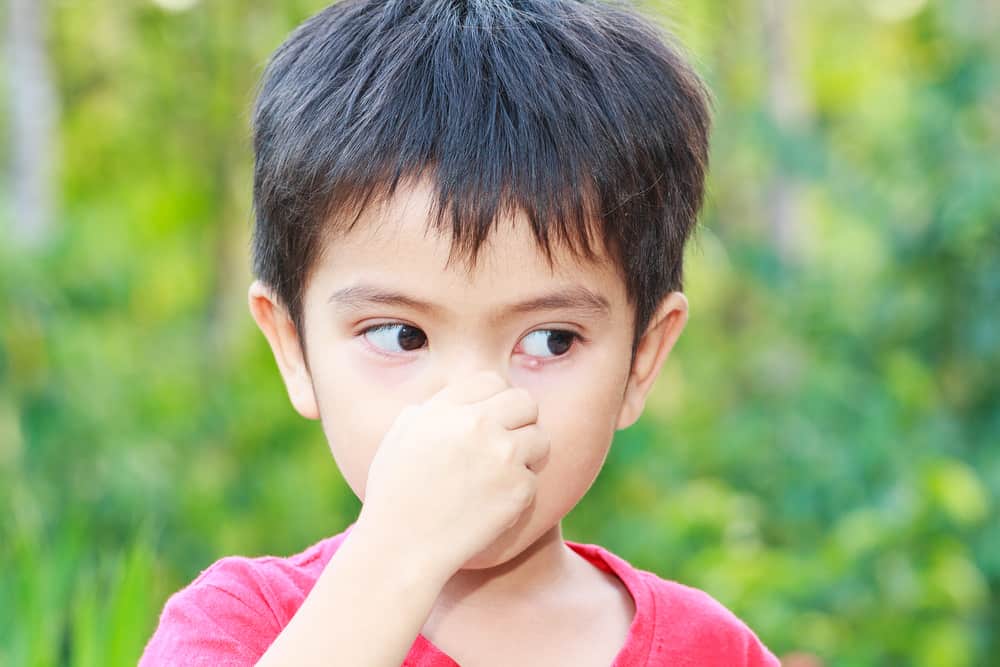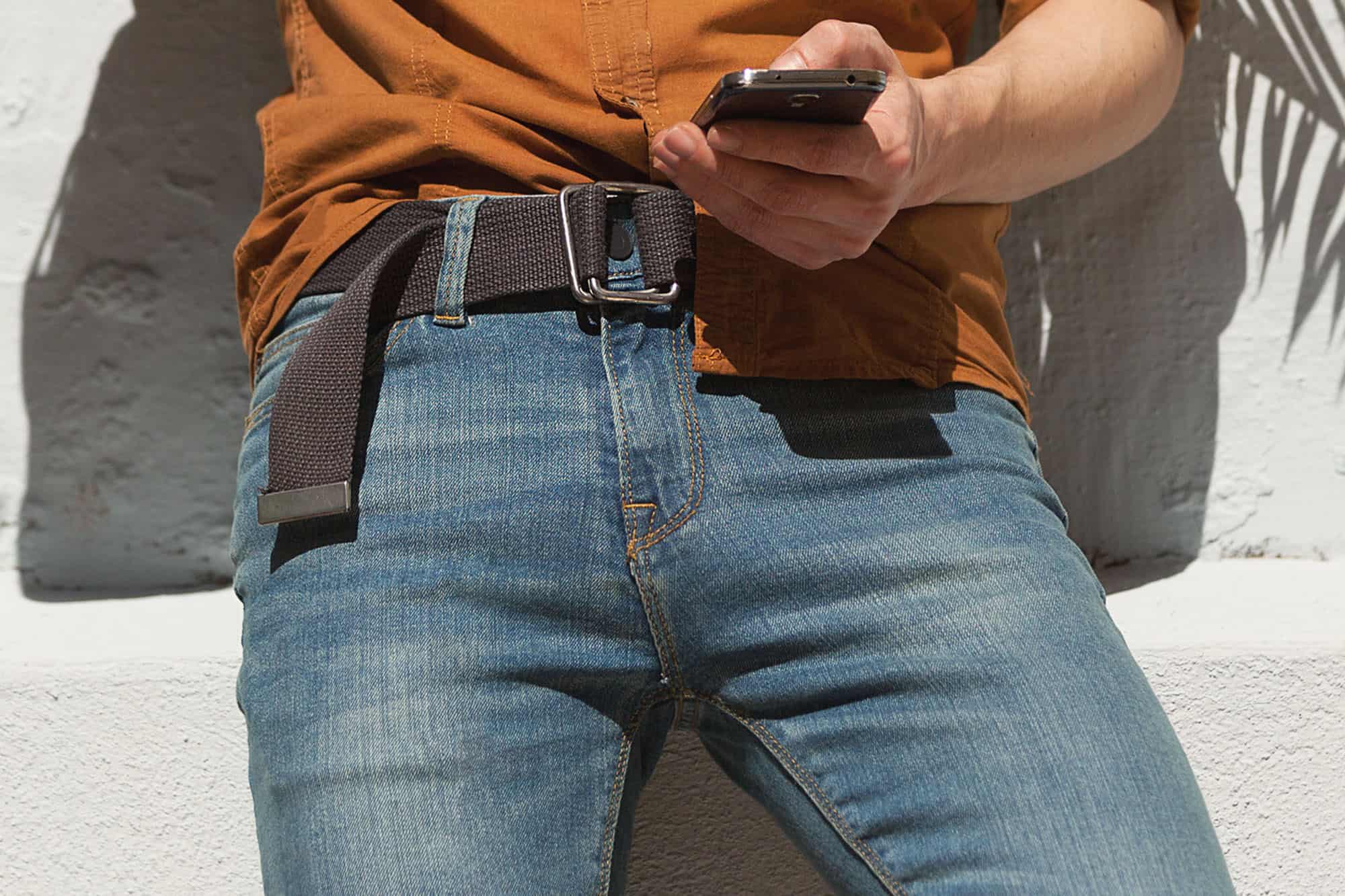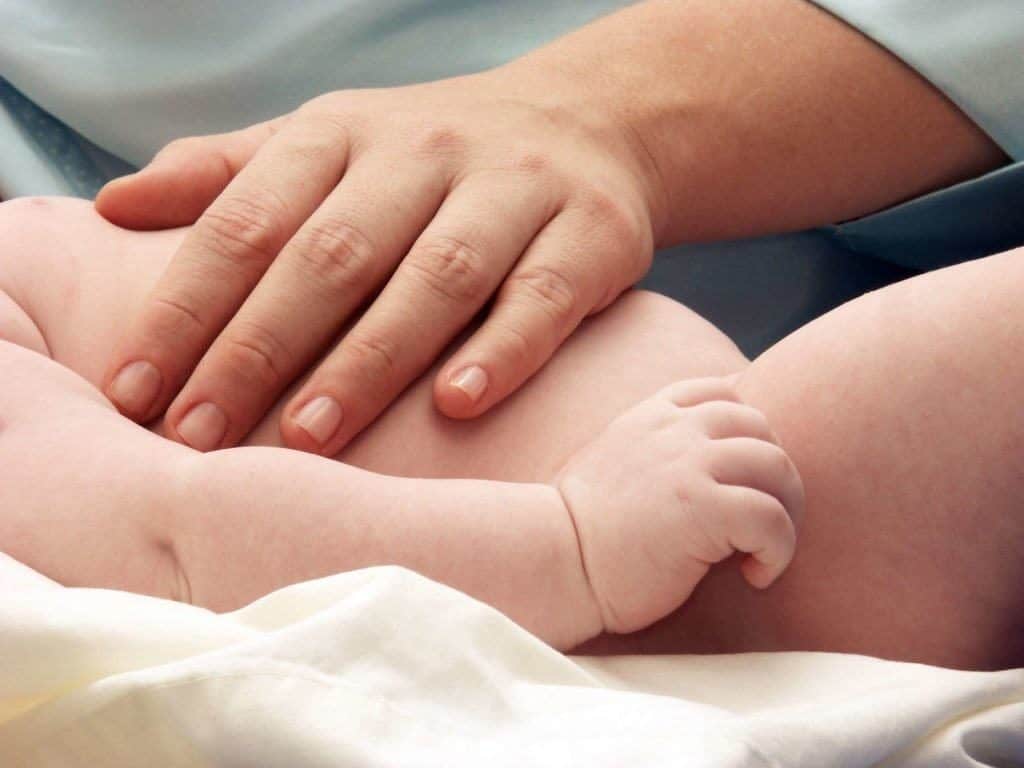Contents:
- Medical Video: 18 Harmful Foods We Keep Giving to Children
- Until what age should the breastfeeding baby be the best?
- The impact is if the baby does not stop taking milk
- Research has found breastfeeding for more than 2 years can cause dental problems
- How do you get your child to stop taking ASI?
Medical Video: 18 Harmful Foods We Keep Giving to Children
Breast milk is the best food for babies. However, that does not mean the baby must continue to suckle. There are times when babies have to stop breastfeeding at a large age. When the baby is older, breastmilk cannot provide his nutritional needs anymore, so the baby needs to get nutrients from other foods. However, some babies may not escape the habit of breastfeeding until they are big, two, three, or four years old. Is there an impact if the baby does not stop taking breast milk?
Until what age should the breastfeeding baby be the best?
When a baby is born, you are advised to give exclusive breastfeeding (ASI only) until the baby is 6 months old. At the age of 6 months, babies can be given complementary food for breastmilk (MPASI) to help meet their nutritional needs, which are not able to be fulfilled if the baby is only given breast milk.
Even though babies can eat other foods, babies can continue to drink ASI until the age of 2 years (age recommended by the Ministry of Health). The first two years of a baby's life is a golden age of the baby which also determines the quality of life for the next baby, so breastfeeding in this period still needs to be done.
Continuing breastfeeding has various benefits for mother and baby. For babies, continuing breastfeeding can help balance the nutrients it receives, increase immunity (antibodies contained in breast milk), and can improve overall baby health.
For mothers, longer breastfeeding can help reduce the risk of certain diseases, such as breast cancer, heart disease, and diabetes, and improve overall maternal health.
The impact is if the baby does not stop taking milk
Actually, there is no limit on when babies should stop taking breast milk. It's just that babies who breastfeed more than 2 years old may look unusual because the baby looks pretty big. Mothers may also feel embarrassed when breastfeeding their large baby in public.
Keep in mind, for babies, breastfeeding is not just to fill their stomachs, but more than that. Breastfeeding her mother's arms can give her comfort and feeling close to you. For this reason, it's best to give your baby the freedom when he has to stop breastfeeding. Over time, the baby will get bored and refuse to suckle at his own will.
Research has found breastfeeding for more than 2 years can cause dental problems
Although many babies breastfeed more than two years and this is normal. However, a study has shown that babies who suckle for more than two years can experience tooth decay.
The study, published in the 2014 Annals of Epidemiology journal, also said that the more often the baby suckles in one day at the age of more than one year, the higher the risk of the baby experiencing tooth decay.
According to the study, this could happen because breast milk contains ingredients that can support tooth decay. In addition, breastfeeding can also prevent baby saliva from protecting the teeth from bacteria.
How do you get your child to stop taking ASI?
Breastfeeding a large baby may make you feel uncomfortable. This might make you want to stop breastfeeding immediately. However, this should be done slowly. Some of the things you can do to stop breastfeeding babies are:
- Offer a baby with a bottle or a cup of formula milk. This can replace the time the baby suckles in your breast.
- Reduce the frequency and duration of breastfeeding slowly. This can be supported by making your baby full of healthy snacks before breastfeeding.
- Turn your baby's attention with something other than suckling, for example by playing. At a greater age, the baby will actually be more interested in exploring himself, so it will be easier for you to divert the baby's attention from breastfeeding.

